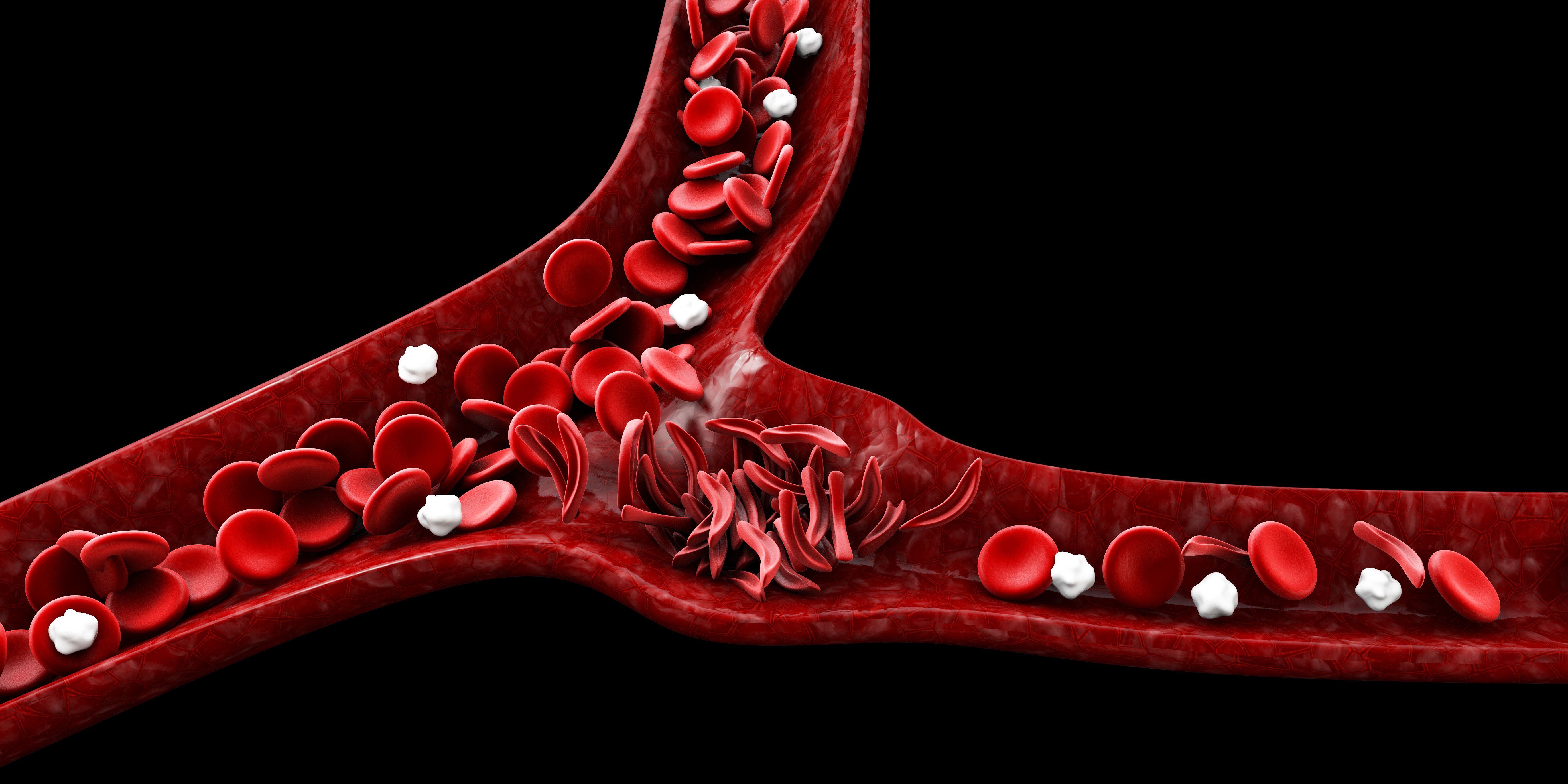- Center on Health Equity & Access
- Clinical
- Health Care Cost
- Health Care Delivery
- Insurance
- Policy
- Technology
- Value-Based Care
Fertility Risks and Treatments Misunderstood by Patients With SCD
Results from a cross-sectional study revealed the gaps in knowledge related to fertility risks among patients with sickle cell disease (SCD), as well as shed light on patient perspectives on fertility treatments.
Recent findings published in Frontiers in Global Women’s Health highlighted the need educational initiatives and engagement with patients with sickle cell disease (SCD), particularly to raise awareness about the fertility risks that accompany SCD. Additionally, these results also suggested that an individual’s life stage, experiences with fertility care, and disease severity all factor into the associated risks.1
The fertility risks that accompany SCD are not completely understood by impacted patients | image credit: tussik - stock.adobe.com

Women with SCD, compared with those without, have a fewer number of healthy eggs in their ovaries, referred to as a lower ovarian reserve.2 As a result, affected women carry an increased risk miscarriage and experience reduced fertility, among other complications. These consequences have been demonstrated in studies like Schumacher et al’s 2018 investigation, which found that significant depletions in ovarian reserve more than doubles a woman’s miscarriage risk.3 Lower ovarian reserve is typically observed during menopause4; however, women with SCD can be affected at an earlier age than those without SCD.2
SCD-related fertility issues impact men and women alike. Prior research referenced by the Oncofertility Consortium of Michigan State University indicated that men with sickle cell anemia (SCA) are more susceptible to testicular dysfunction, reduced ejaculation volume, and lower testosterone.5 Male patients with SCA have also exhibited lower levels of testosterone, which can delay puberty and have adverse consequences on their sperm count and overall fertility. Additionally, a 2005 study found that 93% of women with SCA may experience precocious ovarian failure, further demonstrating the impact SCA-related reductions in hormones have on individual fertility.
With the availability of this data, the present author conducted a study to survey to evaluate the fertility knowledge of adults impacted by SCD.1 Both the Fertility Treatment Perception Survey (where higher scores indicate higher agreement with positive or negative items) and the Cardiff Fertility Knowledge Scale was administered to calculate their knowledge scores.
A total of 92 participants (n = 21 self-identified males and 71 self-identified females) with SCD were given a 35-question survey (which included the aforementioned surveys) at an adult SCD center to collect data on their knowledge and perceptions of fertility risks and treatments. Respondents were aged a median of 32 years and finished their surveys between October 2020 and May 2021. The majority of respondents (65%) said they had undergone a previous SCD therapy such as red blood cell transfusion (n = 17), hydroxyurea (n = 38), chronic red blood cell transfusion (n = 17), as well as voxelotor or crizanlizumab (n = 5), which were recently approved for SCD. Although many respondents accepted SCD treatment, 18% were hesitant and refused these treatments due to how they might impact their fertility.
Throughout this group, 16% noted having prior experience with fertility treatments, either personal experience or with a person they knew. One man and 11 women (13%) were previously referred for fertility testing. Six of these individuals (50%) supported the use of medical assistance when trying to conceive—1 of which had a successful conception story of their own.
On average, the Cardiff Fertility Knowledge Score was 49% in this cohort, which the authors noted was significantly lower than results derived from an international cohort (49% vs 57%; P = .001). These responses, however, were significantly higher than those retrieved from an all-Black cohort of reproductive-aged women who resided in the US (49% vs 38%; P = .001). Fewer than half of participants correctly pinpointed the more common risk factors for infertility, which included obesity, older age, and sexually transmitted infection.
The median average scores on the Fertility Treatment Perception Survey were a 3 for items related to positive perception and 3.5 for those related to negative perception. Notably, women agreed with the statement “fertility treatment is a scary experience” at significantly higher rates than their male counterparts (n = 4 vs 3; P = .02). Those who refused treatments due to fertility concerns had higher agreeance with negative perceptions compared with those who did not refuse (n = 4 vs 3; P = .01). The same trend was observed for those who as well as those who previously underwent fertility compared with those who had not (n = 4 vs 3; P = .005).
“Opportunities exist to improve knowledge of infertility risk factors among adults with sickle cell disease. This study raises the possibility that nearly one in five adults with sickle cell disease refuse SCD treatment or cure due to infertility concerns. Education about common infertility risks factors needs to be addressed alongside disease- and treatment- associated fertility risks,” the authors stated.
References
1. Carrithers B, Raja M, Gemmill A, Cayton Vaught KC, Christianson MS, Lanzkron S, Pecker LH. Knowledge of fertility and perception of fertility treatment among adults with sickle cell disease (KNOW FERTILITY). Front Glob Womens Health. 2023;4:1191064. doi:10.3389/fgwh.2023.1191064
2. Kopeika J, Oyewo A, Punnialingam S, et al. Ovarian reserve in women with sickle cell disease. PLoS One. 2019;14(2):e0213024. doi:10.1371/journal.pone.0213024
3. Lyttle Schumacher BM, Jukic AMZ, Steiner AZ. Antimüllerian hormone as a risk factor for miscarriage in naturally conceived pregnancies. Fertil Steril. 2018;109(6):1065-1071.e1. doi:10.1016/j.fertnstert.2018.01.039
4. Understanding diminished ovarian reserve: Causes and Treatments. Woman & Infants. Accessed June 27, 2024. https://fertility.womenandinfants.org/services/women/diminished-ovarian-reserve#:~:text=Women%20diagnosed%20with%20diminished%20ovarian,due%20to%20lower%20egg%20quality
5. Sickle cell anemia. Michigan State University. September 24, 2014. Accessed June 27, 2024. https://oncofertility.msu.edu/non-malignant-conditions/sickle-cell-anemia/
